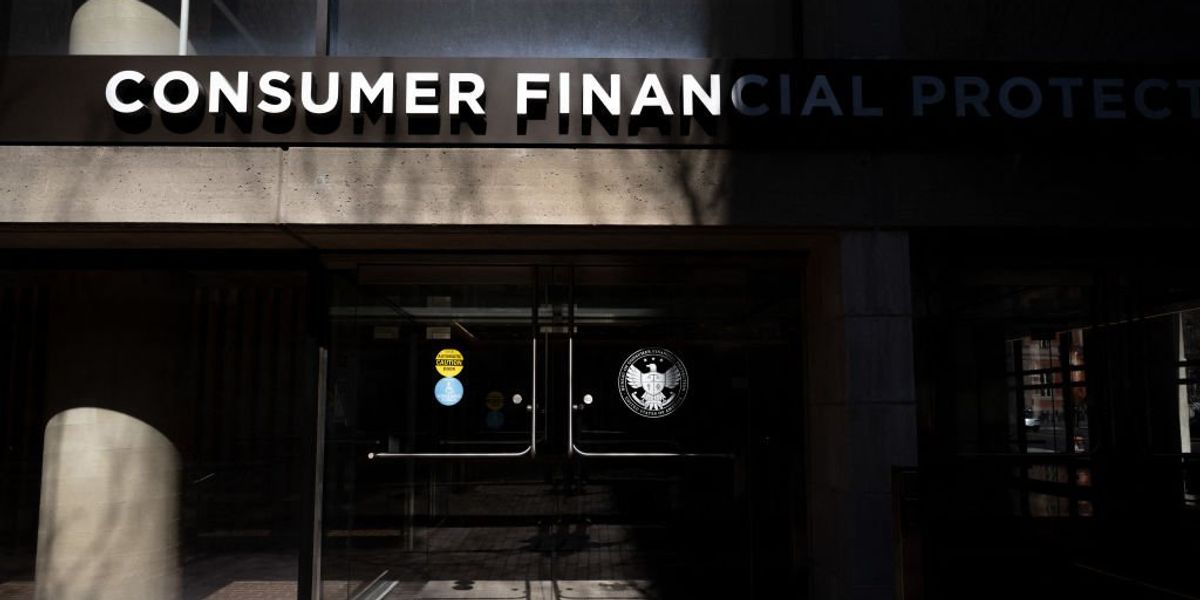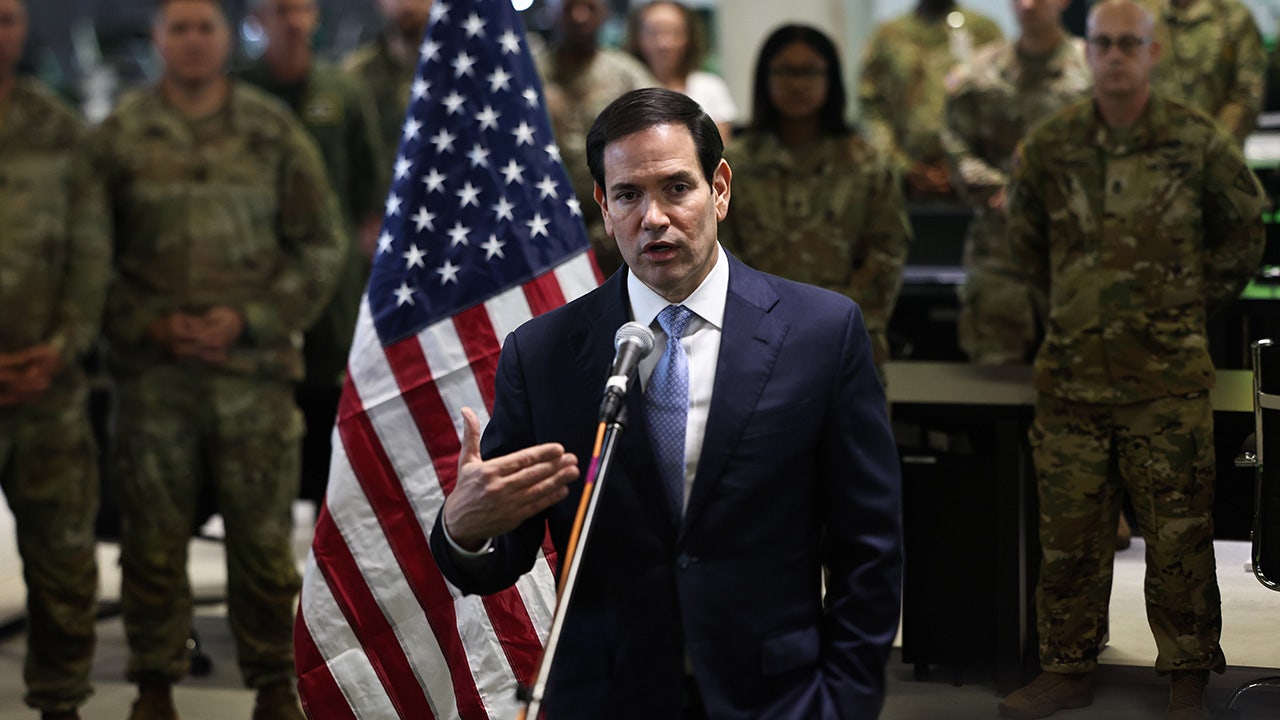With accountability and spending restraint more urgent than ever, Congress should shut down the Consumer Financial Protection Bureau for good. Eliminating the CFPB would mark a decisive move to protect taxpayers from another bloated, unaccountable government agency. If Republicans, Congress, and President Donald Trump want to keep their promise to rein in Washington’s runaway bureaucracy, they must ensure this agency stays dead — and buried for good.
The CFPB’s unchecked growth and regulatory overreach have raised red flags for years. Born out of the 2008 financial crisis, the agency operates with minimal oversight and has long avoided serious scrutiny. Its expanding budget and vague authority continue to spark legitimate questions about fiscal responsibility and constitutional limits. Closing down the CFPB would end a failed bureaucratic experiment and send a clear message: Every federal agency answers to the taxpayers. No exceptions.
Consumers deserve clear, commonsense policies — especially after years of market confusion driven by the CFPB’s heavy hand.
The CFPB was built to operate independently, beyond the reach of Congress or the president. Lawmakers granted it broad, vague authority — allowing unelected bureaucrats to meddle freely in the U.S. economy. Beyond its track record of economic failure, the CFPB’s structure flatly contradicts the American model of representative government.
President Trump and the Department of Government Efficiency, led by Elon Musk, acted quickly. They made high-impact decisions to show Americans they were serious about cutting waste, reducing overreach, and eliminating redundancy across the federal bureaucracy. When the CFPB came up for its DOGE review, the administration halted its operations and dismissed hundreds of staff.
That move triggered criticism from the usual quarters, but consumers and lawmakers should look deeper. Ending the CFPB isn’t just about cost-cutting. It signaled a broader plan to streamline the federal government and promote efficiency across every agency.
Still, even the DOGE can’t finish the job without Congress. Only Congress can repeal the statute that established the CFPB — and only Congress can shut the agency down for good. Lawmakers must do so.
The CFPB currently controls its own funding, bypassing the regular appropriations process and evading critical checks and balances. Reclaiming those dollars would help reduce the deficit, and redistributing the CFPB’s limited useful functions to other agencies would ensure continued consumer protections under proper oversight.
The Federal Reserve and other agencies already handle key aspects of financial regulation and could easily absorb the CFPB’s remaining duties. Congress must finally draw the line: no more duplicative mandates, no more unchecked authority, and no more mission creep. If consumer protections matter — and they do — then Congress must deliver them through a structure that answers to the people.
RELATED: Congress claps back at Biden’s ‘junk fee’ crusade
Ployker via iStock/Getty Images
Fortunately, the CFPB has begun scaling back some of its overreach. Earlier this month, the agency dropped its lawsuit against Credit Acceptance Corporation, an auto lender. That move signals a step in the right direction — away from regulatory overreach and toward a more balanced role in the economy.
Every unnecessary enforcement action piles compliance costs on businesses, stifles innovation, and hampers economic growth. Reassessing these missteps marks progress toward a regulatory approach that defends consumers without punishing industry.
Consumers deserve clear, commonsense policies — especially after years of market confusion driven by the CFPB’s heavy hand. They also deserve policies shaped by accountable officials, not by bureaucrats operating in defiance of congressional oversight. Credit access remains essential for Americans seeking financial stability in times of need. Crafting sound regulations — and eliminating those that never made sense — protects both their financial futures and the broader economy.
Consumers also deserve protection they can trust. Creditors need clear, consistent rules to serve their customers without facing unpredictable regulatory entanglements. Any reform bill must address these concerns directly and distribute the CFPB’s remaining legitimate duties across existing, accountable agencies.
As these changes take shape, stakeholders must stay engaged. Reforms should be implemented deliberately and effectively — promoting economic growth while preserving oversight where it’s needed. If President Trump wants to cement his legacy as the president who dismantled the administrative state, he must make sure the CFPB doesn’t just get paused. It must stay gone for good.
Read the full article here











![While Congress Fumbled, This Billionaire Patriot Paid the Troops Out of Pocket [WATCH] While Congress Fumbled, This Billionaire Patriot Paid the Troops Out of Pocket [WATCH]](https://www.lifezette.com/wp-content/uploads/2025/10/2025.10.17-02.00-lifezette-68f24bf8e018a.jpg)
